It’s great to enjoy having a green thumb, but did you know that some plants can be toxic and even deadly for your four-legged friends?
To help you find the best match between your plants and animals, here’s a list of the most common plants that are toxic for your pets.
If you have any of the following plants at home, you should get rid of them as soon as possible. Your pet’s health, and life, may depend on it.
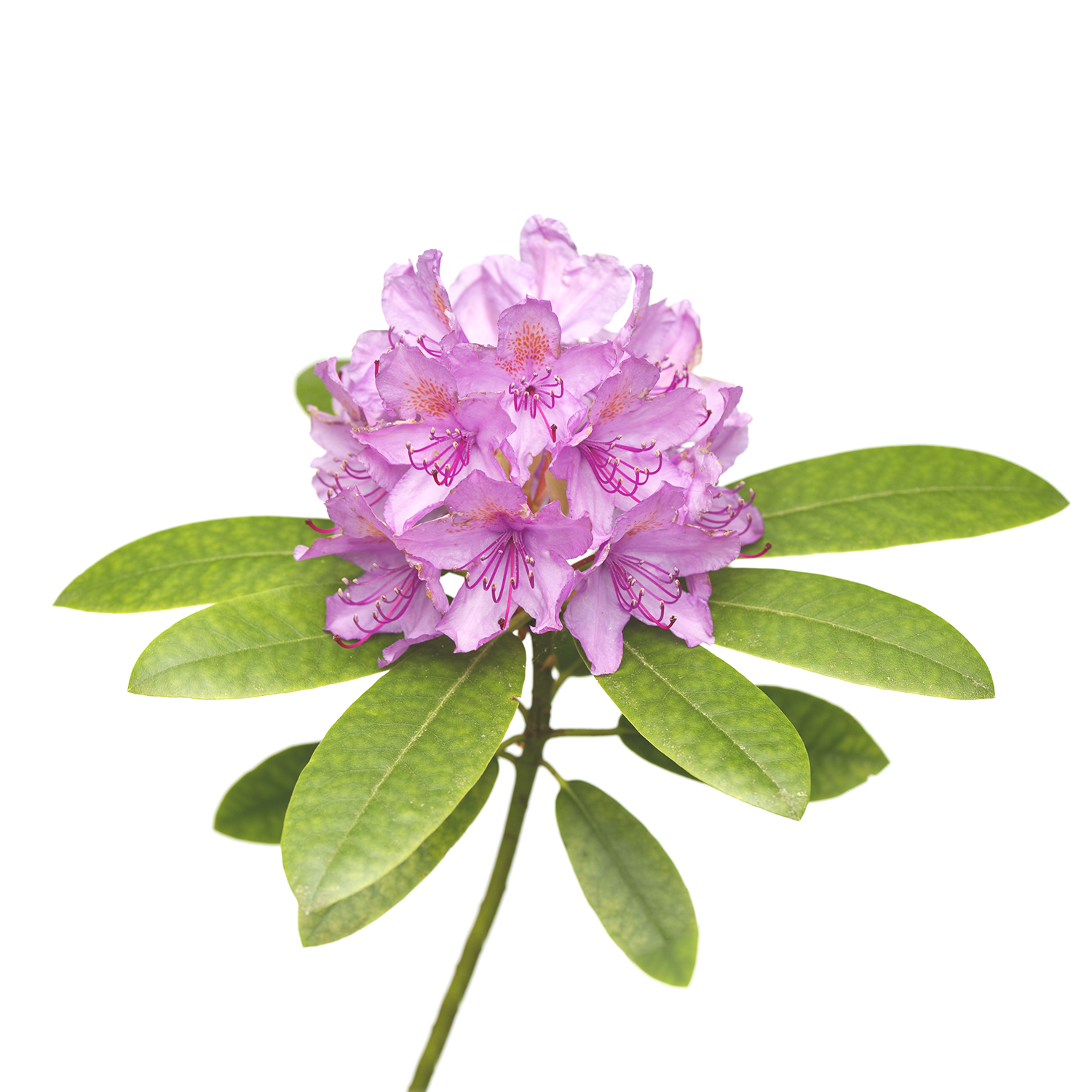
Rhododendrons and azaleas
- Toxic for dogs, cats and birds
- All parts of these plants are toxic
- If swallowed, they can attack the muscles and heart, and cause digestive problems
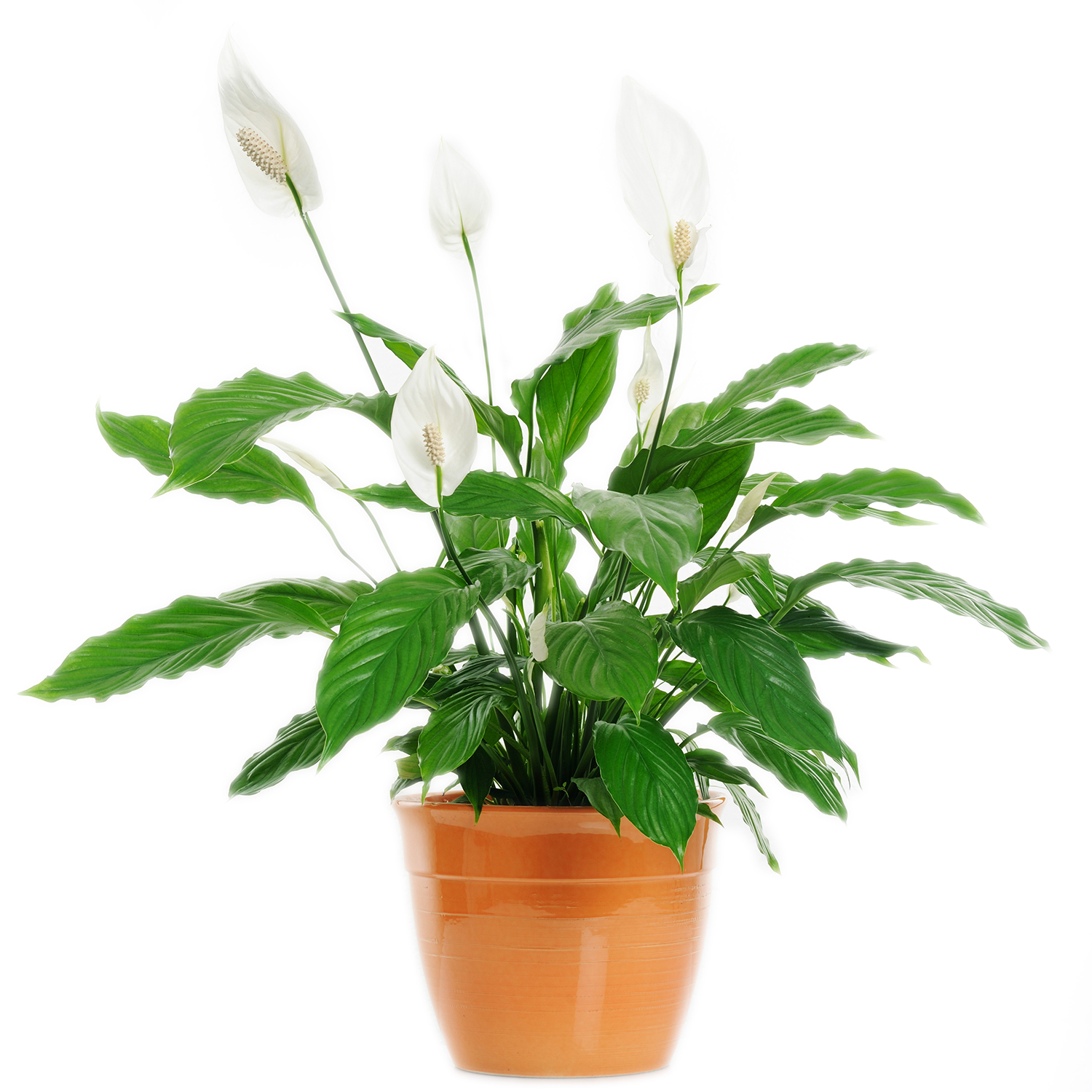
Peace lily (Spathiphyllum)
- Toxic for dogs and cats
- All parts of the plant are toxic
- If swallowed, it can irritate the tongue and lips, and cause digestive problems
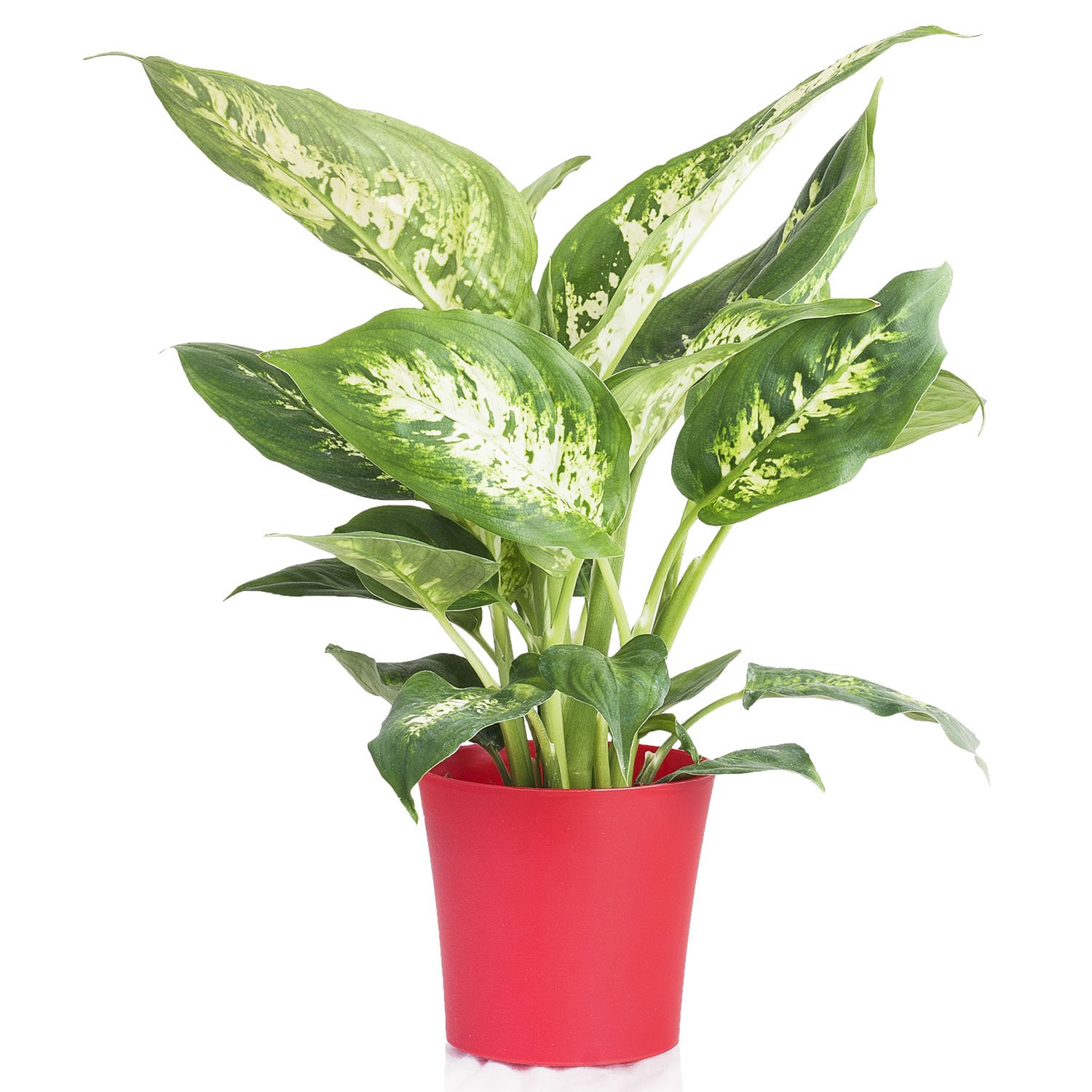
Dieffenbachia
- Toxic, especially for cats
- All parts of the plant are toxic
- If swallowed, it can cause digestive problems, kidney failure and nerve disorders
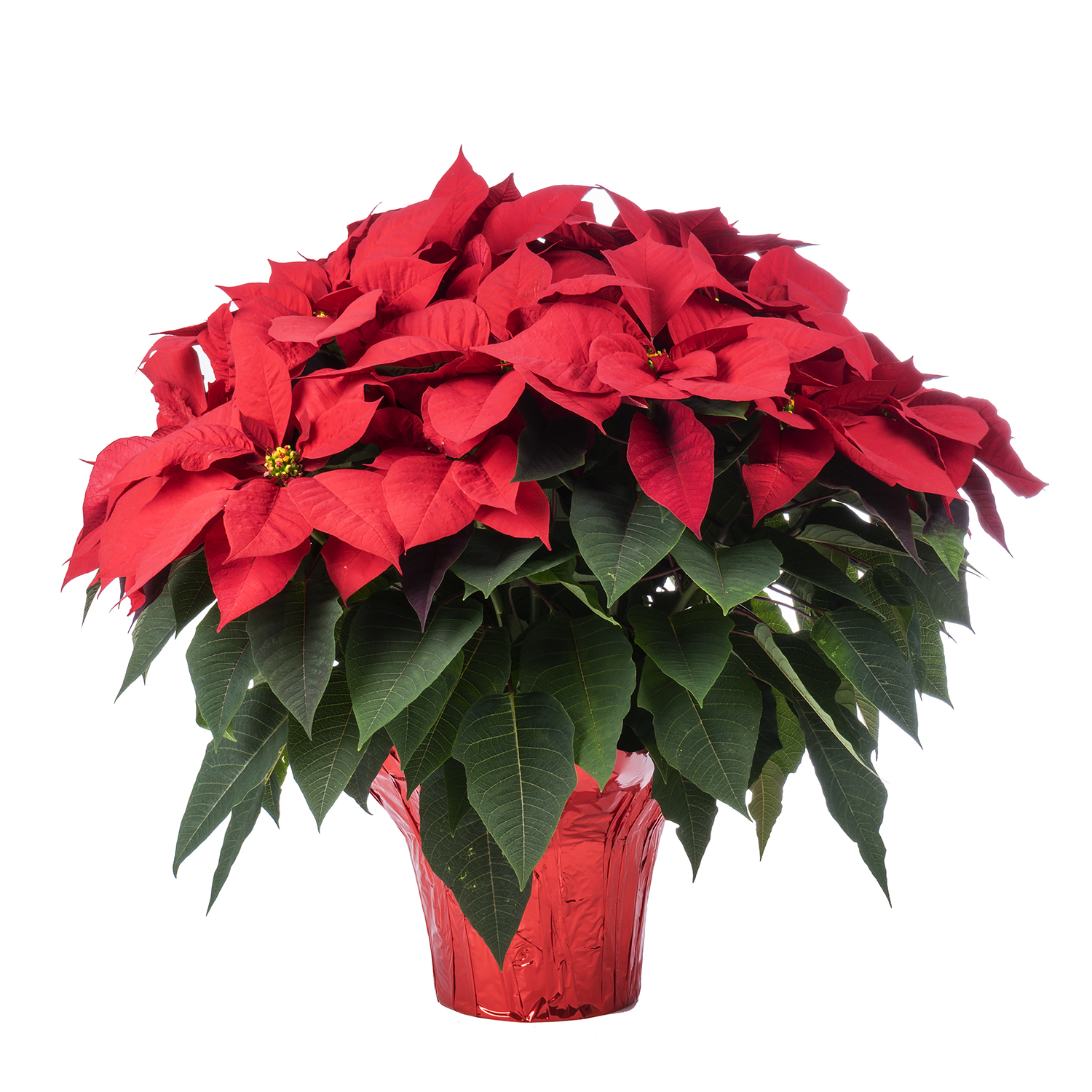
Poinsettia
- Toxic for dogs and cats
- Leaves are toxic
- If swallowed, it can cause digestive problems and skin irritation
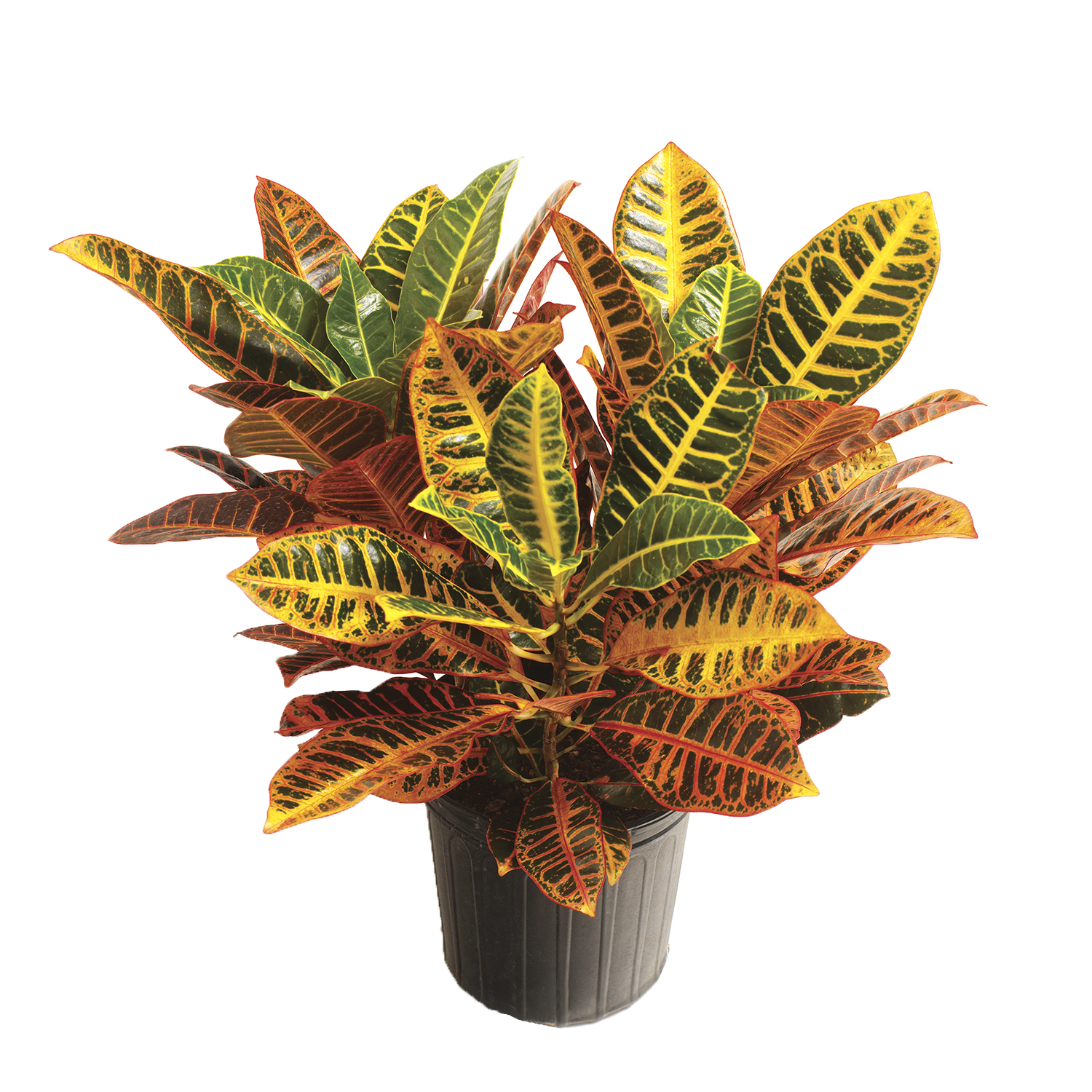
Garden croton (Codiaeum variegatum)
- Toxic for dogs, cats, rabbits and guinea pigs
- Leaves are toxic
- If swallowed, it can cause digestive problems, nerve disorders and dehydration
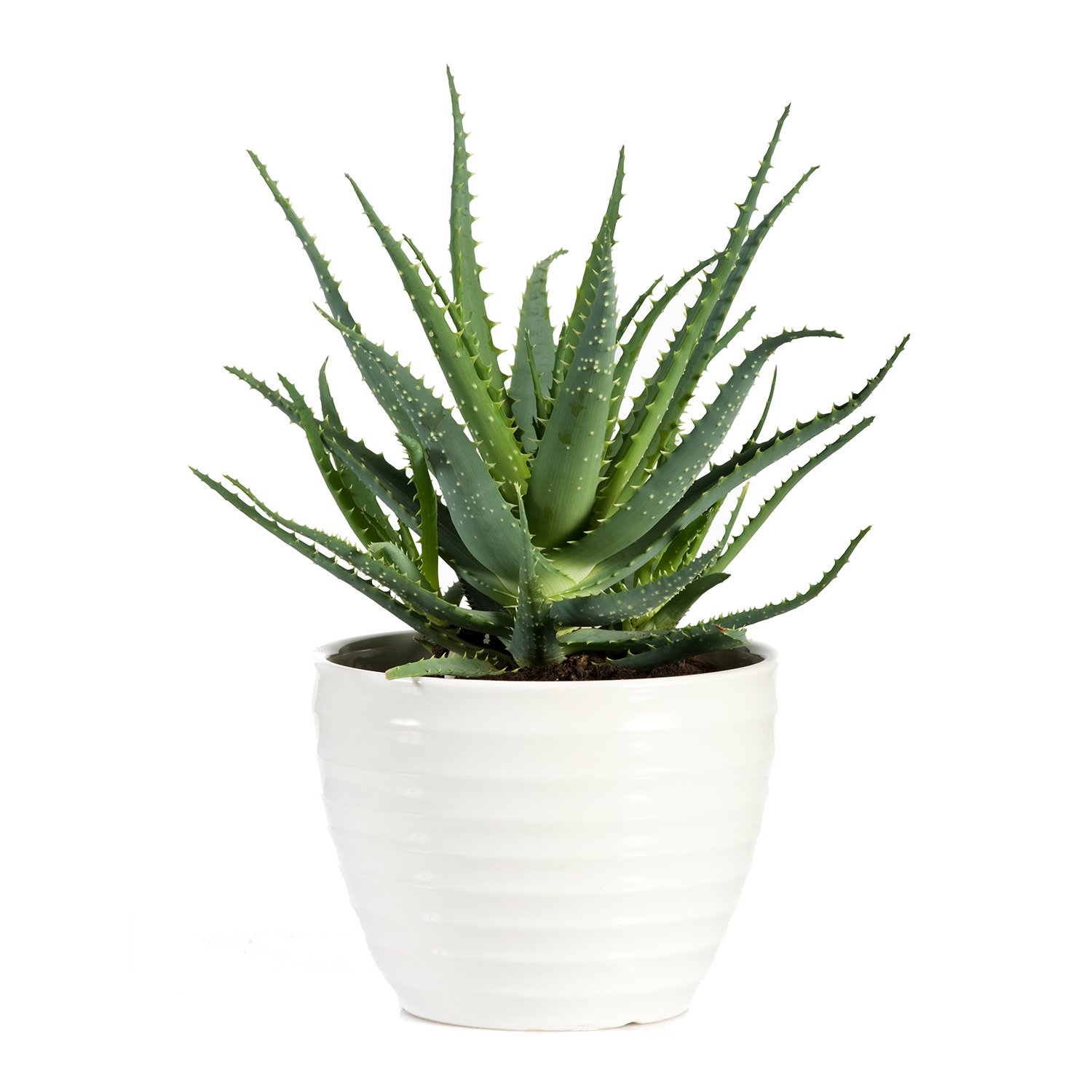
Aloe vera
- Toxic for dogs and cats
- Leaves and gel inside the leaves are toxic if the animal swallows them
- If swallowed in large quantities, it can cause digestive problems and nerve disorders
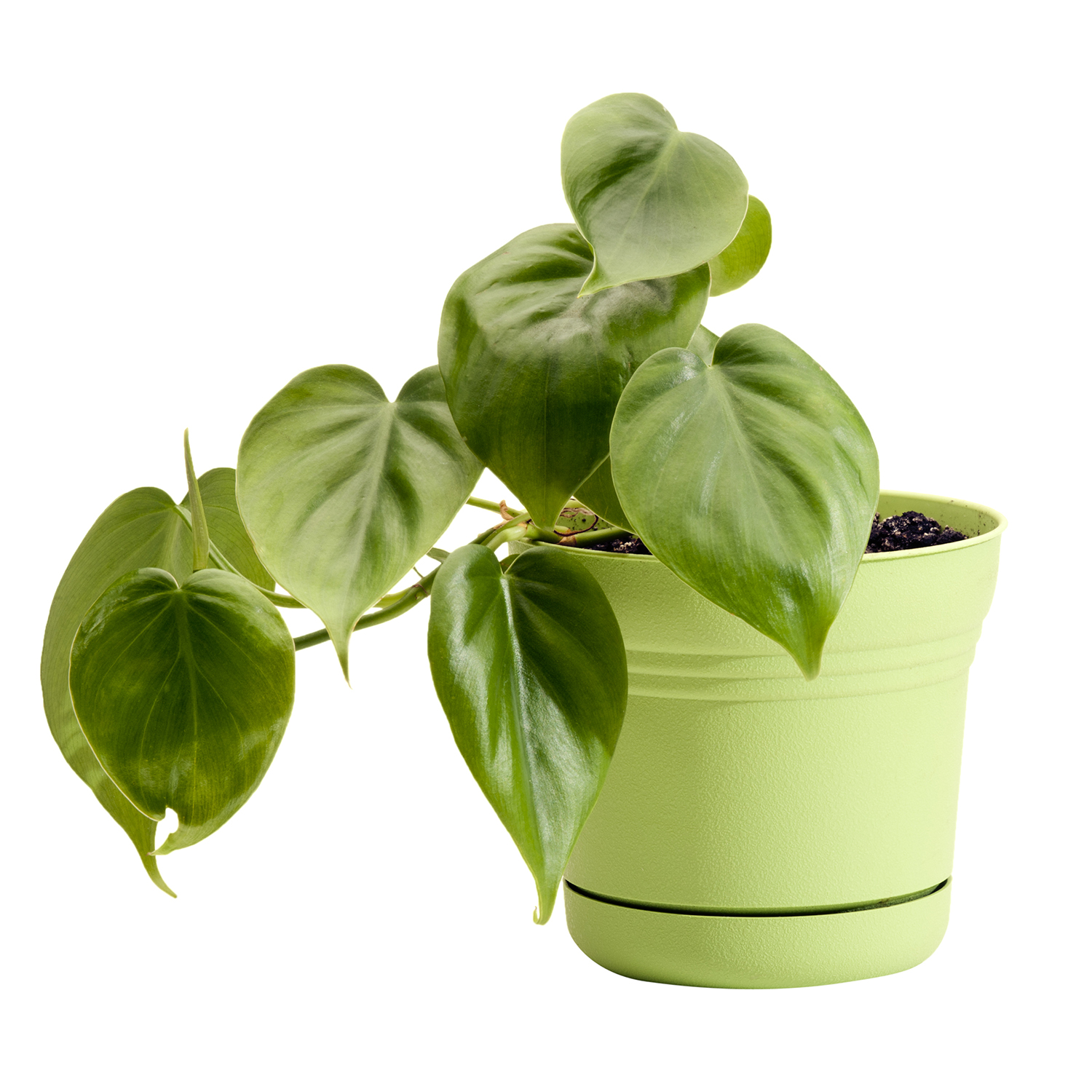
Philodendron
- Toxic for dogs, cats and birds
- All parts of the plant are toxic
- If swallowed, it can cause digestive problems, breathing difficulties and bleeding gums
For your cat
Once you’ve gotten rid of your toxic plants, if your cat still wants to eat or rub up against some vegetation, consider buying some fresh catnip. It’s very good for cats, since it activates intestinal transit, allowing them to naturally eliminate hair balls. And, your cat will absolutely love it!
What to do if your pet eats a toxic plant
If your pet eats one of these plants, contact your veterinarian as soon as possible. Be sure you know the name of the plant, which will help the veterinarian administer the appropriate treatment.
You can always call the Pet Poison Helpline at 1-855-764-7661. This specialized emergency animal poison control service can help you determine whether your pet’s health is at risk.
It’s possible for your plants and animals to live happily together. You just have to make the right choices.

